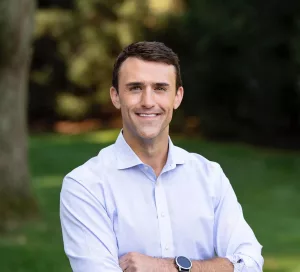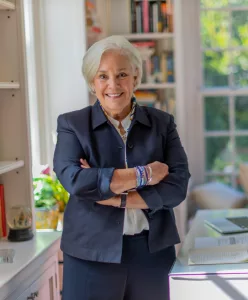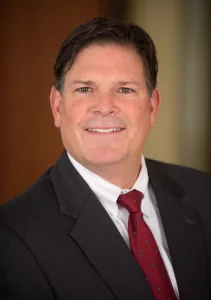

Candidate Profiles 2024
Scroll down to find candidate profiles. Here are the instructions and questions asked of all candidates. We are very grateful that almost all of our local candidates participated!
2024 Local Candidate Profiles
Instructions for Candidates
Please fill out the following questionnaire to help voters better understand your priorities. Your responses will be published exactly as submitted—no edits will be made. Kindly focus on your own platform, policies, and experience, and refrain from referencing or commenting on your opponents.
What we asked:
Basic Information; Full Name:; Office Sought; Contact Information (Email, Phone, Website):
General Questions:
Top Priorities
Please list the top three issues you will prioritize if elected and explain why each is significant to both your platform and your district.
Experience
What professional, volunteer, or public service experience makes you the best candidate for this position?
Policy Questions
Local Control
How do you propose to protect your district’s control over zoning decisions? What is your approach to balancing affordable housing needs with preserving the character of the town?
Utilities
What steps have you taken or will you take to address rising costs of electricity, natural gas, and water? Please share your position on the current situation with Aquarion.
Economy
How will you address the economic challenges posed by inflation? What legislative measures will you support to ease the financial burden on households and businesses in your district?
Supermajority
What does having a supermajority in the Connecticut legislature mean to you and your district?
Bipartisanship
How would you describe the current political environment in Connecticut? If elected, how will you contribute to improving the tone of political discourse and foster cooperation among different political viewpoints?
Your View
What should we have asked that we did not?
HERE ARE THE CANDIDATE PROFILE LINKS:


Answers from Ryan Fazio (R), Incumbent State Senator Running for Re-election, District 36

Answers from Ceci Maher (D), Incumbent State Senator Running for Re-election, District 26

Answers from Kami Evans (R), Challenger Running for State Senate , District 26

Answers from Lucy Dathan (D), Incumbent State Representative Running for Re-election, District 142

Answers from Tom O’Dea (R), Incumbent State Representative Running for Re-election, District 125

Answers from Jason Bennett (D), Challenger for State Representative, District 125

Answers from Kim Healy (R), Running for an Open Seat for State Representative District 42

